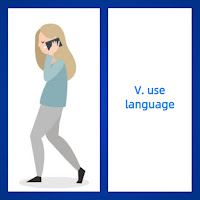Understanding your personal finances with zero and first conditional

Let's break down the zero and first conditionals in simple terms. The zero conditional is used to talk about things that are always true or generally happen. For example, "If you heat water, it boils." Here, the condition (heating water) always leads to the result (water boiling). The first part of this sentence is the condition or cause clause, which provides a condition statement using verbs in the present simple tense : "If you heat water." The second part of this sentence is the result clause, which provides a consequence statement using verbs in the present simple tense : "It boils ." zero conditional On the other hand, the first conditional is used for real situations or events that are likely to happen in the future. It typically follows an "if...then" structure. For instance, "If it rains tomorrow, I will go to the movies." In this case, there is a real possibility of rain tomorrow, leading to going to the movies. The ...


